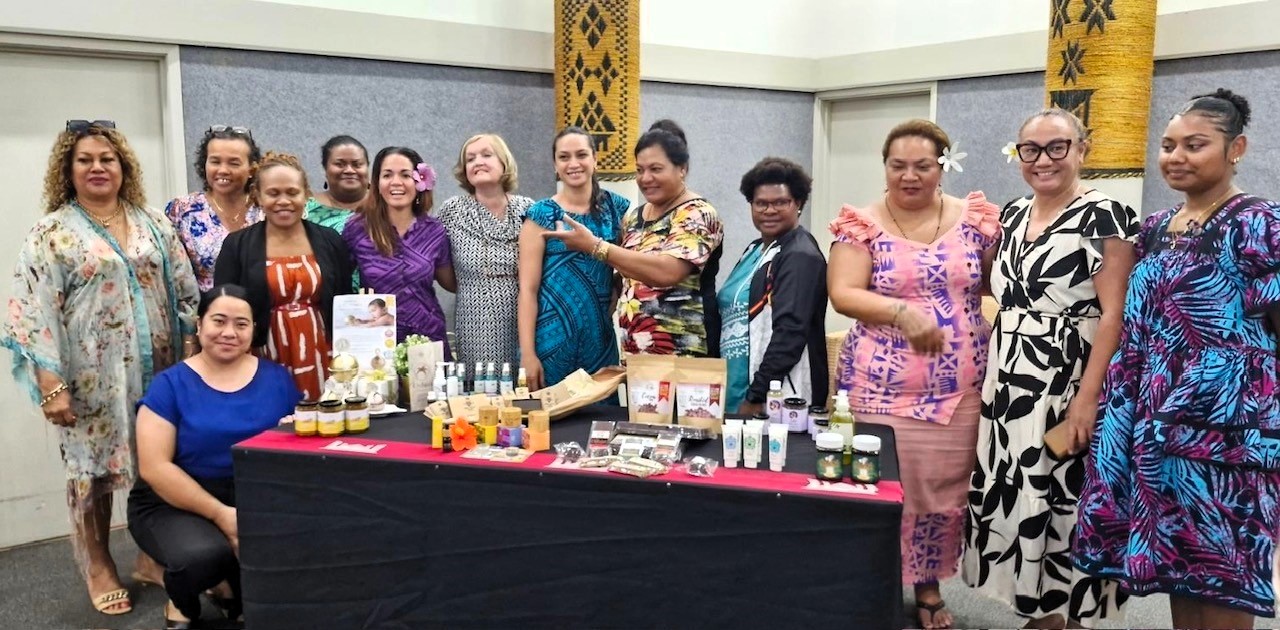WOMEN remain underserved, and less of them in the 15-35 age brackets have bank accounts, and women-owned businesses have less access to capital, irrespective of turnover and loan documentation.
These were part of findings of a gender inclusive finance survey conducted in 2023, and explored the supply of financial services to women and women-owned MSMEs in the country.
The findings, published in the Reserve Bank of Fiji’s (RBF) Gender Inclusive Finance Report and launched this month, stated average loans to women-owned businesses were considerably smaller than those disbursed to men running businesses of similar size.
Despite public commitments by the Government on closing gender finance gaps and setting up of financial inclusion working groups, including financial sector stakeholders, the report stated it appeared that gender finance knowledge had remained within a restricted group and had not grown to reach a critical mass.
The lack of robust data on registered women-owned businesses – numbers, turnover, contribution to the economy, and key financial needs and preferences, makes this segment little understood by the financial sector, it found.
On access and usage of financial products and services for individuals, the study found that overall, there was a lack of awareness and buy-in from most financial institutions about gender-inclusive finance.
“Financial institutions question the business opportunity and the cost and eff orts required to reach these underserved segments in a small market such as Fiji and many do not understand – or refuse to acknowledge – that women have specific financial needs and behaviours that warrant dedicated approaches and strategies,” the report stated.
It added women and men have similar number of savings and deposit accounts but there was considerable difference in the average value held.
“Women hold on average 25 per cent less than men in their savings account and 43 per cent less in their term deposit accounts.
“The number and value of loans to women – both adults and youth – is much lower than for men. The average loan size is also lower – $11,500 in comparison to $19,000 for men, or 64 per cent lower.”
The report stated women were majority owners of 30 per cent of MSMEs registered in Fiji – 37.7 per
cent of microenterprises, 19 per cent of small businesses, and 14.7 per cent of medium-sized businesses; and joint owners of another 13 per cent of registered MSMEs.
“An estimated 40,000 women (93 per cent of self-employed women) are in informal employment, that is, run informal businesses or work for others with limited or no access to social benefits.
“It is estimated that 43 per cent of registered and active female business owners are currently financially unserved. Women’s average loan size is also much small than men’s, likely indicating that even those women that are able to borrow are in fact underserved, that is, they are issued a lower amount than what is desired and needed to scale their businesses,” the report found.
It stated the most common reasons to reject loan applications for both women and men were lack of collateral, insufficient loan documents and loa sales and or earnings.
“For women, another common reason to reject a loan application is that the capacity to run the business is considered limited, a reason that appears much less relevant for male applicants.”
—
Note: This article was first published under the headline: ‘Underserved’ Study: Women-owned businesses have less access to capital in Page13 of the print version of The Fiji Times dated Wednesday September 24, 2025



